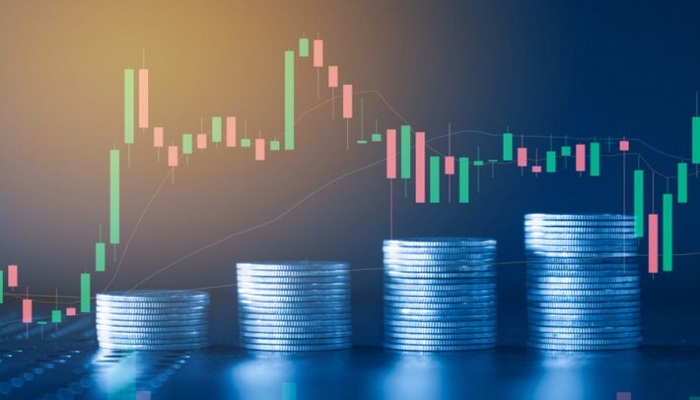Global investors need to evaluate economic indicators to make informed decisions when investing in different economies. These indicators provide insight into the performance of a particular economy and can help investors determine whether or not it represents a good investment opportunity. One of the most important economic indicators for global investors is the Gross Domestic Product. the rate of inflation, unemployment rate, trade balance, and interest rates. Each of these indicators provides valuable information about the current state of the economy and can be used to assess potential investment opportunities or assess the overall health of the economy. By understanding these key economic indicators, Global investors can make informed decisions when investing in different economies around the world.
For example , Let’s say an international investor has made good returns over the past several years from Brazilian stocks. An investor who tracks the consumer price index may notice that inflation is rising, Which means that the central bank may decide to raise interest rates. Knowing that higher interest rates tend to hurt stocks, The investor may reduce his holdings.
This is just one example. There are many economic indicators that investors should track, So it is important to be aware of the best indicators.
1. Gross Domestic Product
Gross domestic product represents the market value of all final goods and services produced within a country during a given period. The number is usually presented in the nominative and real forms, With real GDP adjusted for changes in monetary value. Given its wide scope, This indicator is among the most watched by the financial markets.
An expansion of a country’s GDP indicates the growth of the economy, While a contraction in the GDP indicates a slowdown in the country’s economy. at the same time , A country’s projected GDP growth rate can be used to determine the appropriate level of sovereign debt or to determine whether businesses operating within the country are likely to experience growth.
2. Employment indicators
It can be said that the productivity and wealth of a country’s citizens is the ultimate determinant of economic success. Employment indicators are estimated, such as labor force data, salaries and unemployment, The number of citizens who are employed and whether they earn more or less money than before.
Financial markets carefully monitor these employment indicators, Especially in developed countries that generate most of their income from domestic consumption spending. A decline in employment is often followed by a decline in consumer spending, Which could harm the GDP statistics and the general economic growth prospects
3. The consumer price index
The consumer price index measures changes in the prices of consumer goods and services purchased by households. The index is a statistical estimate constructed using prices taken from a sample of representative items collected periodically. Often , This measure is used as a measure of inflation, Which can positively or negatively affect the country’s currency.
Financial markets carefully watch the CPI numbers for signs of inflation. Higher inflation can lead to higher interest rates and less lending. While deflation can lead to lower interest rates and increased lending.
4. Minutes of the Central Bank
Central banks set monetary policy and exercise significant control over a country’s economy. And therefore , Financial markets tend to listen closely to every word central bankers utter in public for clues about the future. Central bank minutes are official releases that contain valuable economic commentary that can indicate future policy actions
in the United States , The Federal Reserve issues the so-called Beige Book, Which contains narrative information about current economic conditions from each Federal Reserve Bank. Similar banknotes are issued by many other central banks, Including the Bank of Japan, European Central Bank (ECB) and others on a regular or semi-regular schedule.
5. PMI Manufacturing and Services
The Purchasing Managers Index (PMI) is an economic indicator developed by Markit Group and the Institute for Supply Management. By surveying companies on a monthly basis, The indicator reflects the acquisition of goods and services by purchasing managers. The two most important surveys are the Manufacturing PMI and the Services PMI.
Financial markets watch the PMI Manufacturing and PMI Services indexes as the two leading economic indicators because companies stop buying raw materials when demand drops. This can indicate problems in the economy ahead of many other reports such as retail sales or consumer spending


